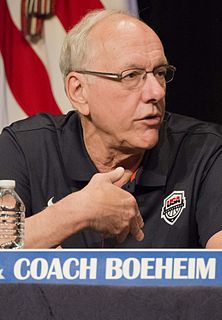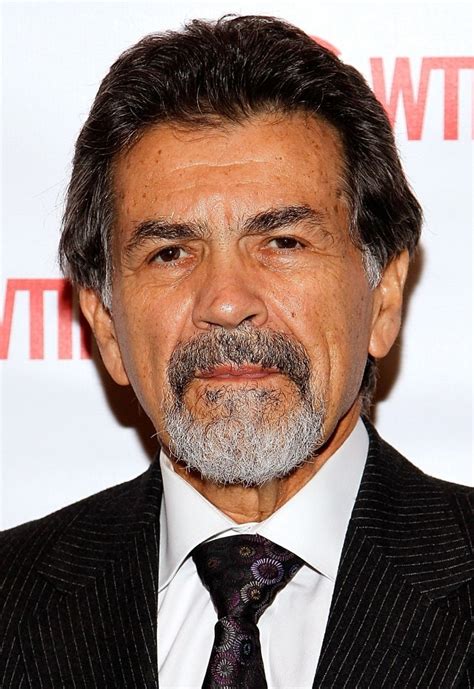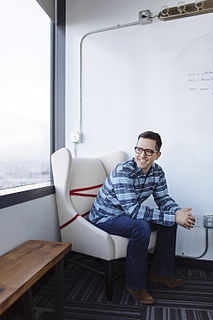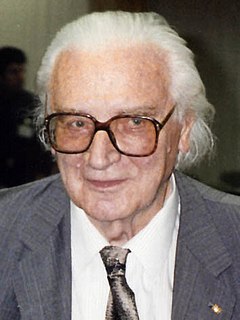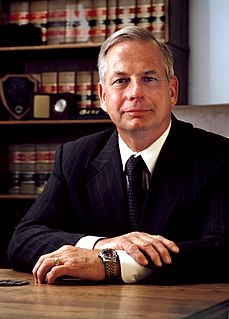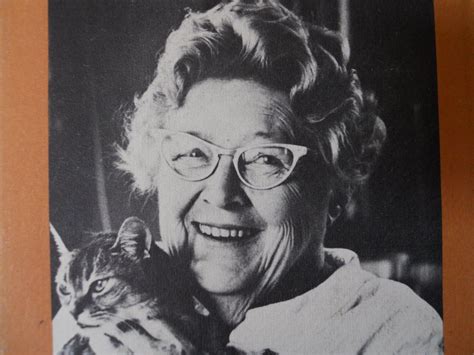A Quote by Jim Boeheim
The thing I hate about writers is they want to state their case and they use false information.
Related Quotes
I'd be surprised if non-fiction writers hate to be interviewed. We all hate them, because there's really nothing to say except "Read the book." Right? At least with non-fiction, you can kind of convey some information, and people can decide for themselves whether they want more of that kind of information. But with a novel, what am I going to do?
Of course, we knew that the official reports were sketchy, if not falsified. But, in terms of information theory, this is precisely where the problem lay: How were we to reconstruct reality from incomplete or false reports? It is not true that virtually all news in a totalitarian state is false. On the contrary, most news is completely correct, albeit tendentiously slanded; it is just that certain information is suppressed. One can adjust for the political slanting of the news, but there is virtually no way to fill in the omissions.
Television is altering the meaning of 'being informed' by creating a species of information that might properly be called disinformation. Disinformation does not mean false information. It means misleading information - misplaced, irrelevant, fragmented or superficial information - information that creates the illusion of knowing something, but which in fact leads one away from knowing.
[Alex] Haley felt he could make a solid case in favor of racial integration by showing what was - to white America - what was the consequence of their support for racial separatism that would end up producing a kind of hate, the hate that hate produced, to use the phrase that Mike Wallace used in his 1959 documentary on the Nation of Islam.
Normally if you add information to information, you have more information. In case of my art, I destroy information, I would say, because the image is disturbed by the writings. In a way, they become pure imagery. For me it's really fun because it's an idealistic approach to images, to just play around with information and see what's happening.
